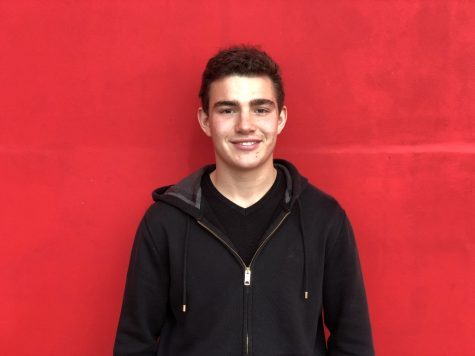A Comprehensive Review of the Upcoming Brazilian Elections
Creative Commons
In October, Brazilians will be heading to polling stations to elect their new president. The last few years have repeatedly marked the country with headlines containing scandals and turmoil linked to the contemporary political state.
Before the official candidate registration on August 15th, the relatively high amount of Presidential candidates and parties served as a reflection of the nation’s demand for change. For the first time in several years, the polarization of only having strong postulants from PT (Workers Party) and PSDB (Brazilian Social Democratic Party) has also changed. To comprehend the reason behind these novelties, one has to be aware of two alterations: the modification of legislation and the surge of new ideologies.
The “Operação Lava Jato” (Operation Car Wash), aimed at investigating the nation’s most grievous corruption scandal, has caused Brazilians to seek new political representation. Throughout its four years of existence, the operation has indicted several influential individuals, with the whole nation being stunned on the afternoon of April 7th with the arrest of former president Lula. Lula was convicted in the second instance on charges of passive corruption.
The conviction of one of the most popular politicians in Brazil’s democratic history has caused an uproar since he is currently leading every presidential election opinion poll. Even though Lula is imprisoned and ineligible to run for office under the clean slate law, he will continue to be PT’s candidate.
When looking at the polls, due to the existence of over 14 presidential candidates, it is more accurate to interpret findings by grouping postulants based on their policies. I have formulated four different categories based on candidates’ ideas on economics, education, social causes, and public safety. (Observation: this list does not include former President Lula, due to the uncertain status of his candidacy, but does include his probable substitute: Fernando Haddad).
The list is as follows:
Leading the polls, we have house Speaker Jair Bolsonaro (PSL) with 24% of the total votes. Bolsonaro represents the most prominent conservative ideology in this election, defending pro-life policies, gun rights, and intensive public safety reform. He has obtained the title of “Lone Wolf” for not having any close allies and for not sharing many policies with other candidates.
In second place comes the center-right candidates that defend: decentralized politics, fewer taxes, and a general cut in administrative costs. This group includes São Paulo’s former governor Geraldo Alckmin (PSDB), two-time Minister of Finance Henrique Meirelles, and João Amoêdo (NOVO), amongst other figures with a minority percentage of votes that total 16%.
Next up is Senator Marina Silva. She has run for office on two other occasions, has been an active politician for 33 years with posts in both the legislative and executive branches, and served as Minister of the Environment during President’s Lula’s first mandate. She represents REDE, an environmentalist party, which currently has 15% of the votes. It’s also important to note that, individually, Marina is the candidate with the second highest number of votes (even though other groups of postulants together may have more potential votes). Due to her past political relationships and liberal policies, she fits into the progressive left category.
Surprisingly, leftist candidates, specifically those who defend a better distribution of wealth, improved labor laws, and socially oriented policies only have 14% of the votes. Individuals that fit into this category are São Paulo’s former mayor Fernando Haddad (PT), Ceará’s former governor Ciro Gomes (PDT) and Guilherme Boulos (PSOL), leader of the homeless workers’ movement (MTST).
It is essential to consider that no candidate has reached over 50% of the intentional vote, which is the required amount to get immediately elected. Recent polls suggest that no individual candidate will win enough votes by October 7th, election day. This would result in a “second round” between the two best-ranked postulants.
After taking note of all of these changes and scenarios, how could one not be excited about what is to come? When discussing the 2018 Brazilian elections, think back to this article and remember how “simple” it is – even though it may seem unpredictable this guide should help make it understandable.
Source: Infomoney, FSB, BTG Pactual

As a senior on the editorial board, this is João’s second and final year participating in The Talon. His intellectual interests revolve around Brazilian...











